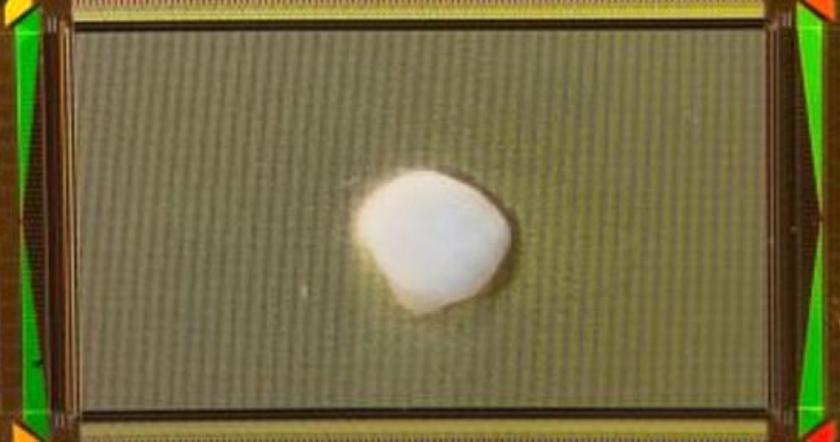
A new study has demonstrated the prospects of combining human brain cells with computers. Live neurons learned faster than artificial models and demonstrated almost identical results.
With the help of stem cells, researchers were able to create a colony of cells that replicate the structure of neural connections and neurons in the human brain. The colony is called a brain organoid. It was grown on an array of high-density electrodes.
The neural network is called Brainoware. The image below shows her at the age of a week to several months. For the study, the researchers used more than two hundred audio recordings of Japanese people pronouncing the main sounds. After training, Brainoware was able to recognize the voice with an accuracy of 78%.

The next task of the researchers was to train the neural network to solve Eno mappings. This was achieved in four days. After training, Brainoware was able to solve equations with an accuracy of about 80%. Here, the grown brain performed better than artificial intelligence without a long chain of short-term memory elements (LSTM).
If we compare Brainoware and artificial intelligence with LSTM, AI wins with a slight advantage in its favor. However, it is important to note that the artificial neural network went through 50 stages of training, while Brainoware took 10 times less time to train.
Scientists believe that colonies of living neurons will outperform both existing and future neural networks on chips. This applies to both speed and cost-effectiveness. In case of creation of full-fledged biocomputer systems, the problem of ethical nature will probably be raised, but this is still very far away.

